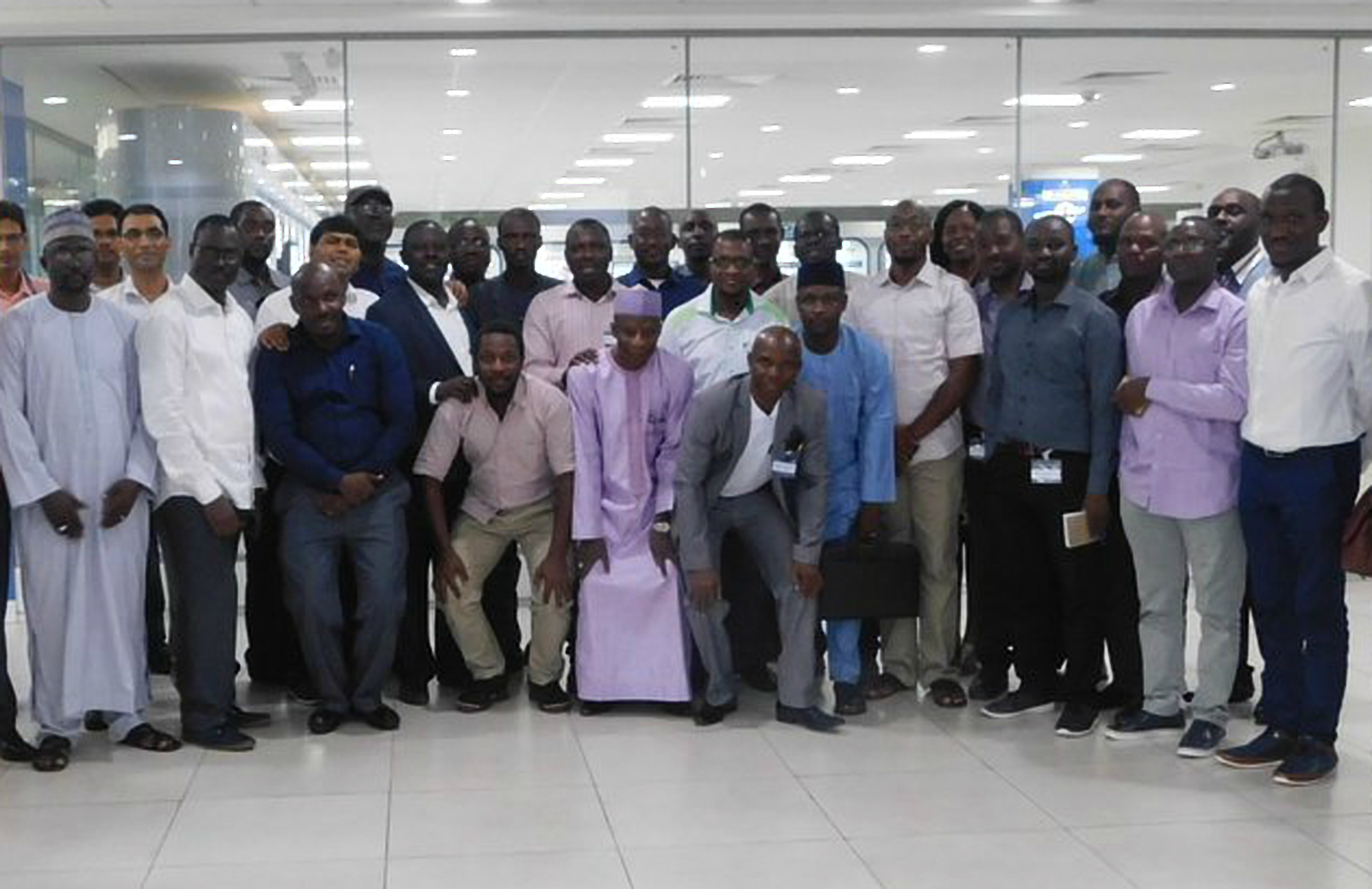Together these utilities serve to approx. 3.5 million consumers and cover about 20% of the geographical area of Nigeria
Tata Power Delhi Distribution Limited (Tata Power-DDL), the pioneer in power distribution in India with an electricity user base of 7 million people in Delhi, organized a Capacity Building and Training Program on the Best Practices in Power Distribution for employees of the prominent Nigerian Electricity Distribution companies – Kano Electricity Distribution and Kaduna Electricity Distribution at its Learning Centre in New Delhi. Together these utilities serve to approx. 3.5 million consumers and cover about 20% of the geographical area of Nigeria.
The 12 Day long training program provided understanding of key technologies and processes like Network and Power Management; Connection and Meter Management; Metering Technology and AMR Application; Energy Accounting; Information Technology et al to the participating delegates. It also covered AT&C Loss Management using key strategies and enforcement; best Practices in Demand Side Management and Consumer Services Management. The program also covered, delegates’ visits to Tata Power-DDL’s state-of-the-art Smart Grid Lab, Technology Centre – CENNET, Meter Testing Lab, Protection and Testing Lab, Grid and GIS Labs to get hands on experience of the demonstrated technologies.
Appreciating the training program, Mr. Mohammad Raibu Abubakar- Head – Billing & Collection, Kano Electricity Distribution said, “The Tata Power-DDDL’s program is extremely useful for us as we have several common challenges. We will surely apply the learning in our Utility especially the Smart Grid Technology.”
“Utility business calls for innovative ideas and technology integration at every step. We have learnt several best practices across the distribution value chain which can not only transform our company but also result in consumer delight. ” added Mr. Bello Musa- Chief Engineer-Engineering , Kaduna Electricity Distribution.
Tata Power-DDL is supporting the African Power sector through numerous capacity building programs via consultancies for the improvement of power distribution scenario. Its consultancy portfolio includes Technical and Management strategy service helping in framing model to reduce Aggregate Technical, Commercial and Collection Losses, New customer acquisition, metering plan & strategies, developing automation roadmap for bracing the Discom to enter into modern age of OT and IT convergence in distribution sector. The company is providing consultancies in Rwanda, Uganda, Mozambique, Zanzibar and Sierra Leone.
Tata Power-DDL and several other African Utilities have several common social challenges including the reduction of the non-technical losses in the cluster of low income group. The World Bank has recognized Tata Power-DDL initiatives towards reducing the non-technical losses in its 223 JJ Clusters (slums) with a population of over 1 million people through focuses social innovations in the realms of education, entrepreneurship, employability and employment. The institution has also recommended to replicate the model in other African countries like Jamaica and Kenya.
Story link : http://blogs.worldbank.org/energy/jamaica-kenya-take-cues-india-electrifying-urban-slums
Mr. Sanjay Banga, CEO, Tata Power-DDL said, “Tata Power-DDL is a leading power distribution company with record AT&C loss reduction of 8.4% and is the first Indian utility to have experience in implementation of Smart Grid technologies like Advanced Metering Infrastructure (AMI), Automated Demand Response, Grid Connected Solar Rooftop Installations, and Advanced Distribution Management System etc. Tata Power-DDL is committed for the development and growth of the power sector not only in India but also globally by sharing its expertise and knowledge to other utilities while also benchmarking with global utilities to push and grow further. Our association with the African Power Utilities will further increase in the days to come as we believe the electricity consumption and economic development are closely linked; growth will not happen without a step change in the power distribution sector.”


